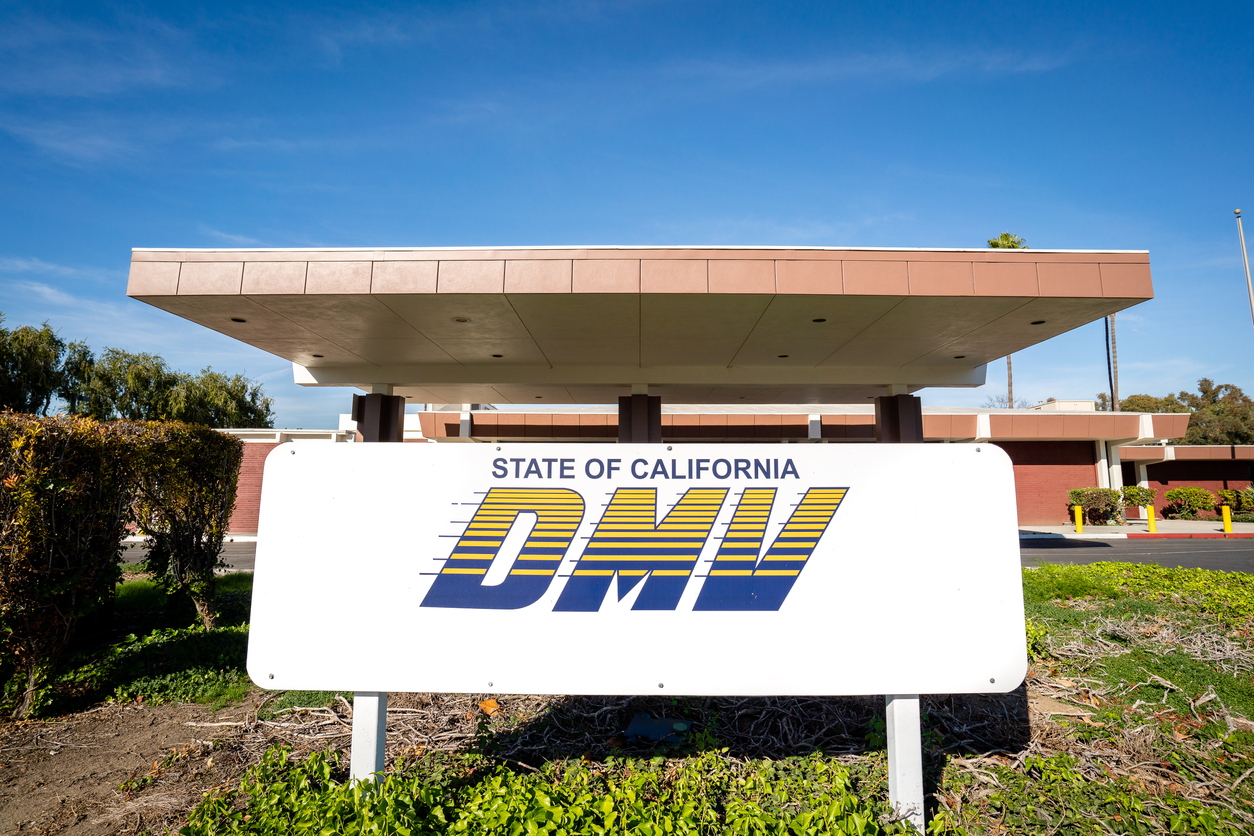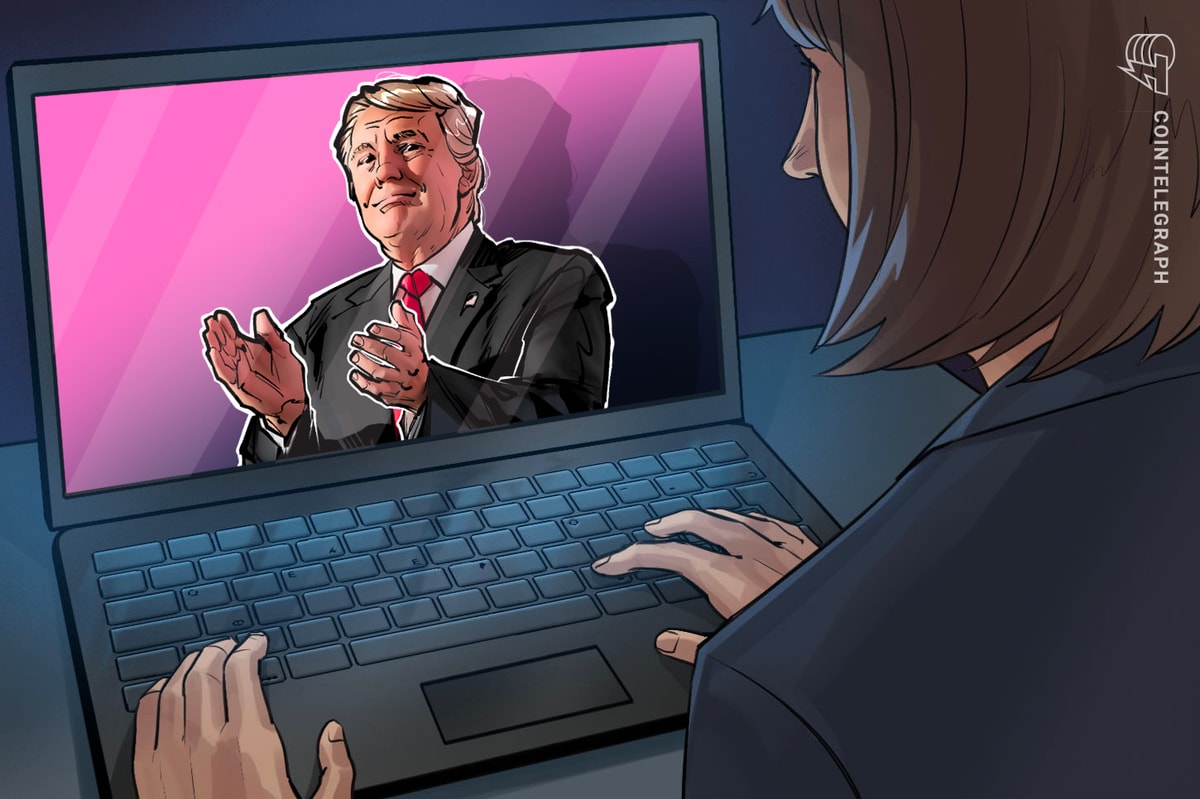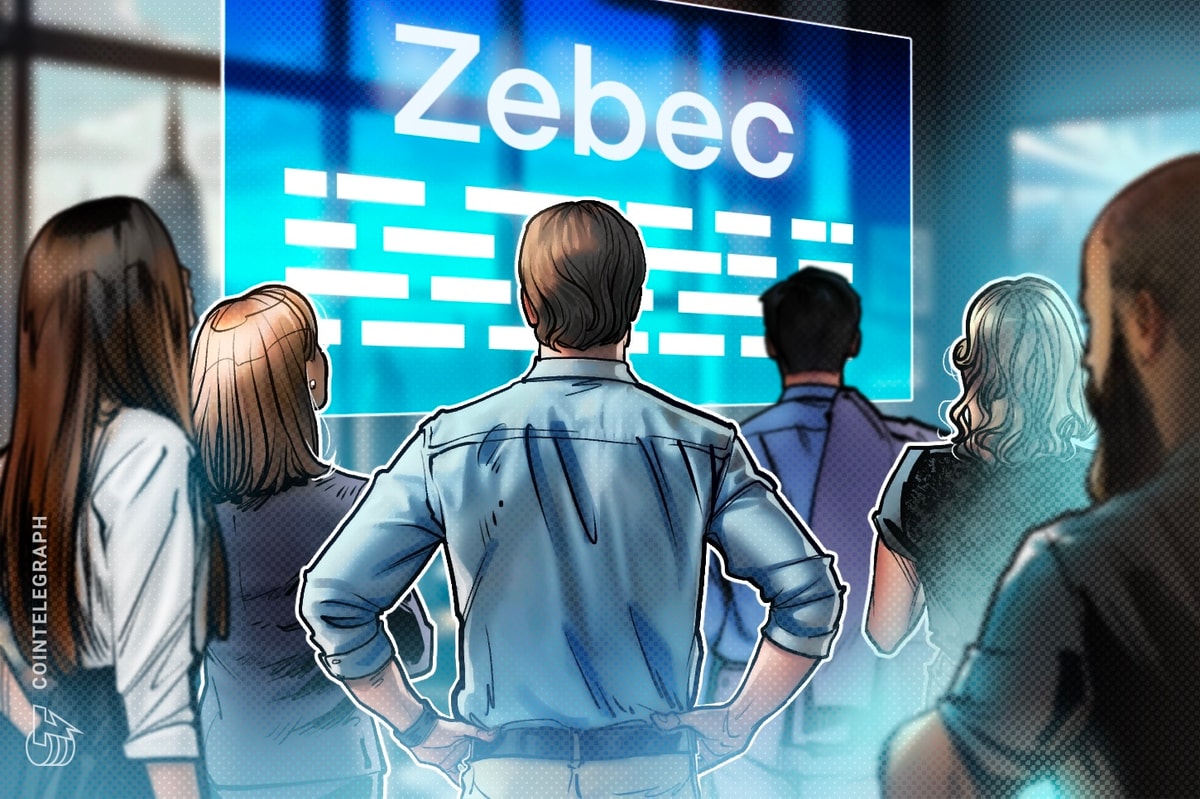
The Department of Motor Vehicles in California plans to use blockchain technology for record keeping, including the issuance of car ownership and simplifying transfers of such ownership.
The DMV has tapped a private fork of the Tezos blockchain, an open-source blockchain that can execute peer-to-peer transactions and serve as a platform for deploying smart contracts, according to a recent report by Fortune.
The move is part of a collaboration between the California DMV, Tezos and blockchain software firm Oxhead Alpha, which announced the successful completion of a proof-of-concept blockchain-based vehicle titling solution on January 25.
Ajay Gupta, the chief digital officer at the California DMV, said he hopes the plans to materialize the title database on blockchain come to fruition in the next three months. Following that, the agency also aims to build consumer-facing applications, including digital wallets that hold car title NFTs.
“The DMV’s perception of lagging behind should definitely change,” Gupta reportedly said.
While there are numerous applications for blockchains, which maintain a decentralized and secure record of data, car titles are one possible option. A startup out of Cleveland raised $5 million in 2020 to digitize car titles, and the state of California published a report the same year identifying possible pilots for blockchain, with the DMV included as one of the options.
Gupta mentioned that they initially started working on the project back in 2020, but had to suspend work due to the pandemic. However, he said plans to use digital ledgers for generating and transferring car titles is an opportunity for the agency to modernize its processes.
Andrew Smith, the president of Oxhead Alpha, also mentioned that leveraging blockchain technology could help address issues like transaction fraud and tracing the cars’ movement.
Blockchain is a shared, immutable ledger that facilitates the process of recording transactions and tracking assets in a business network. One of the biggest advantages of blockchain is that it can guarantee the fidelity and security of data records.
As reported, US Congressman French Hill said he plans to promote a progressive regulatory framework for digital assets in order to make sure “America is the place for innovation in fintech and blockchain.”
In a report earlier this month, the World Economic Forum (WEF) said it believes blockchain technology will continue to be an “integral” part of the modern economy. The organization highlighted the widespread applications of cryptography and blockchain technologies, adding that their use in the financial services sector is already notable.
“Indeed, as a test of the staying power of digital assets and blockchains at the core of financial services (and other areas of the global economy), watch what the big banks and mature financial services firms do, not what they say.”
Read More: cryptonews.com








 Bitcoin
Bitcoin  Ethereum
Ethereum  Tether
Tether  XRP
XRP  Solana
Solana  USDC
USDC  TRON
TRON  Dogecoin
Dogecoin  Cardano
Cardano  Lido Staked Ether
Lido Staked Ether  Wrapped Bitcoin
Wrapped Bitcoin  Hyperliquid
Hyperliquid  Wrapped stETH
Wrapped stETH  Sui
Sui  Chainlink
Chainlink  LEO Token
LEO Token  Stellar
Stellar  Avalanche
Avalanche  Bitcoin Cash
Bitcoin Cash  Toncoin
Toncoin  Shiba Inu
Shiba Inu  USDS
USDS  Hedera
Hedera  WETH
WETH  Litecoin
Litecoin  Wrapped eETH
Wrapped eETH  Binance Bridged USDT (BNB Smart Chain)
Binance Bridged USDT (BNB Smart Chain)  Polkadot
Polkadot  Monero
Monero  Ethena USDe
Ethena USDe  Bitget Token
Bitget Token  Pi Network
Pi Network  Coinbase Wrapped BTC
Coinbase Wrapped BTC  Pepe
Pepe  WhiteBIT Coin
WhiteBIT Coin  Aave
Aave  Uniswap
Uniswap  Dai
Dai  Ethena Staked USDe
Ethena Staked USDe  Bittensor
Bittensor  OKB
OKB  Cronos
Cronos  BlackRock USD Institutional Digital Liquidity Fund
BlackRock USD Institutional Digital Liquidity Fund  Aptos
Aptos  NEAR Protocol
NEAR Protocol  Jito Staked SOL
Jito Staked SOL  Internet Computer
Internet Computer  sUSDS
sUSDS  Ethereum Classic
Ethereum Classic